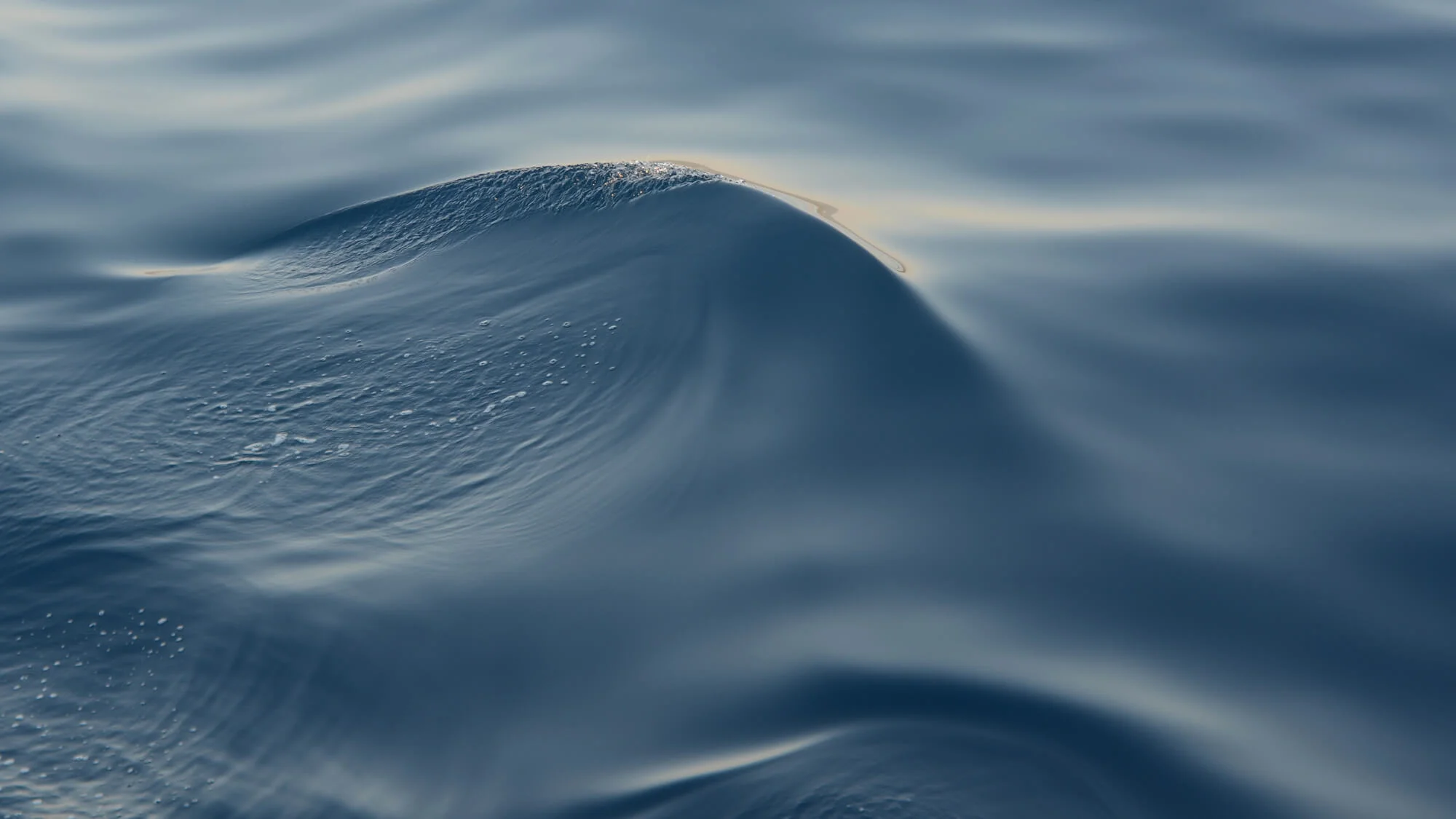YOUR WEEKLY BRIEFING FROM PARLEY
Caribbean Reef Squid (Sepioteuthis sepioidea) by Betty Wills.
MARINE LIFE
Science is learning more about how squid change colors so quickly, enabling them to blend into the underwater environment at warp speed. A new paper suggests that their chromatophores, previously thought to be mainly pockets of pigment embedded in their skin, are also equipped with tiny reflectors made of proteins. These reflectors help squid produce a wide array of colors, including iridescent greens and blues, within a second of passing in front of a new background. The research reveals that by using tricks found in other parts of the animal kingdom — like shimmering butterflies and peacocks — squid are able to combine multiple approaches to produce their vivid camouflage.
READ MORE
CLIMATE CHANGE
The number of heatwaves affecting the planet’s oceans has increased sharply, killing swathes of sea-life like “wildfires that take out huge areas of forest”. The damage caused in these hotspots is also harmful for humanity, which relies on the oceans for oxygen, food, storm protection and the removal of climate-warming carbon dioxide the atmosphere. Global warming is gradually increasing the average temperature of the oceans, but this is the first global analysis of ocean heatwaves.
READ MORE
HEALTH
A new report traces the life cycle of plastic from the moment an oil and gas well is drilled to the time plastic trash breaks apart in the environment, finding “distinct risks to human health” at every stage of the journey. Virtually all plastic comes from fossil fuels – and a growing slice comes from fracked oil and gas wells and the natural gas they produce. People can be sickened not only when plastics are produced, in other words, but also when it is actively used by consumers and after it’s thrown out.
READ MORE
POLLUTION
An oil spill from a cargo ship that ran aground near a World Heritage Site in the South Pacific is spreading, alarming government officials and posing a threat to the delicate local ecosystem and to people living there. The ship was carrying more than 770 tons of heavy fuel oil when it ran aground last month on Rennell Island, one of the Solomon Islands. Oil has now spread along more than three miles of coastline and into the surrounding sea, approaching the boundaries of the UNESCO site.
WHALE SONGS
Minke whales have been recorded off Scotland's east coast for the first time, scientists have said. Noises the animals make called pulse trains were detected in recordings taken by a number of underwater sound recorders installed off the coasts of the Highlands, Aberdeenshire, Angus and Fife. The sound recorders are primarily used for monitoring east Scotland's population of bottlenose dolphins, but the lower frequency pulse trains were detected using new software.
READ MORE and TAKE ACTION
🌊
Stay up-to-date on all things ocean
Subscribe to Parley's State of the Oceans newsletter
Join the movement
@parley.tv | @parleyxxx
#fortheoceans













